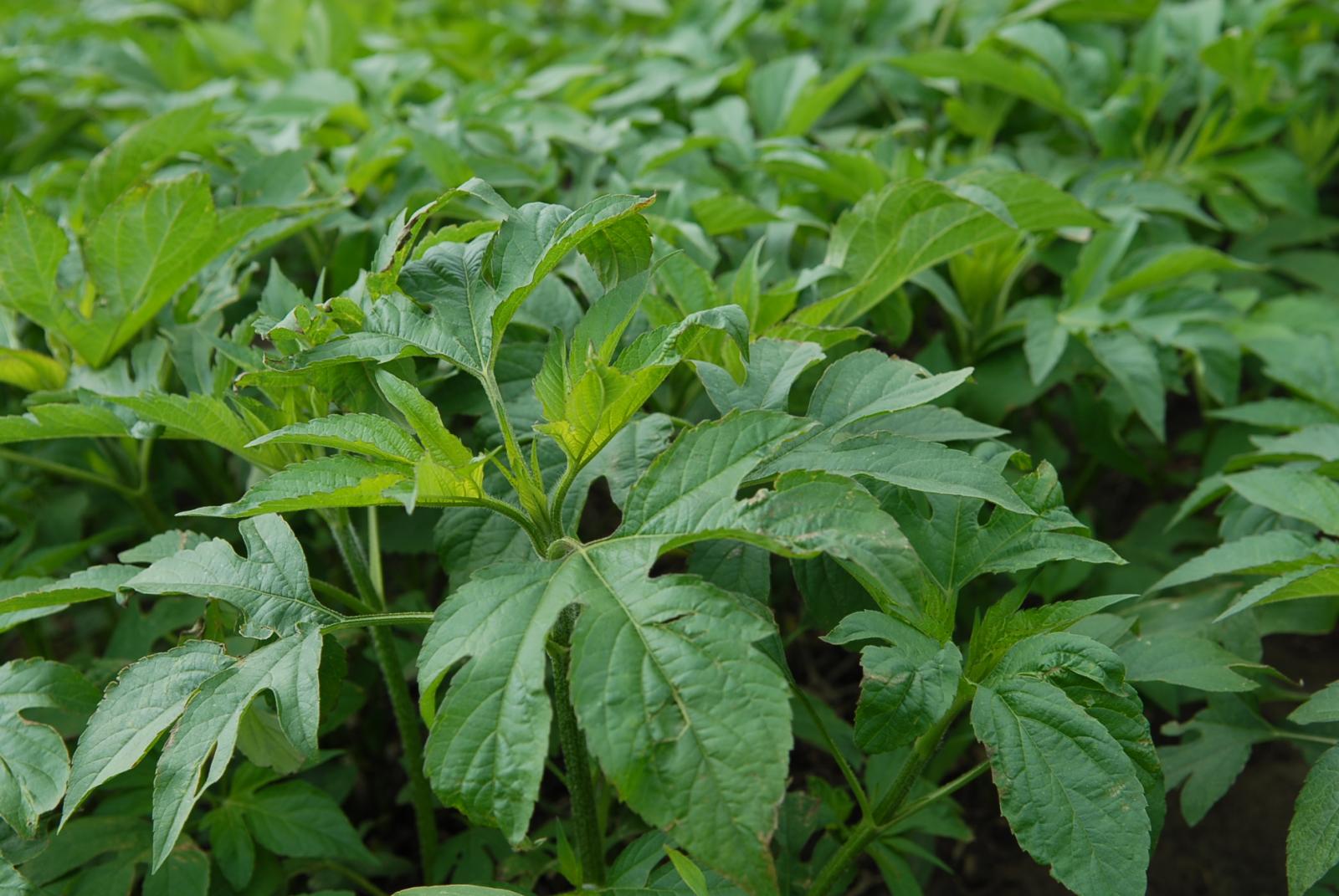Instructor(s): Dr. Stevan Knezevic
Number of Units: 1
Estimated Time of Completion: 40-60 hours
Please note that the actual amount of time it takes to complete this module will vary based on the learner's previous background and/or experience with the concepts presented in this module.
Number of CEUs for Certified Crop Advisers (CCAs): 6 CEUs in Pest Management
Description: This is a true web-based class as the sessions are recorded and archived on eXtension. Lectures will be available once the semester starts.
This course is designed to provide graduate students and agribusiness professionals engaged in production agriculture with a working understanding IWM principles as a basis for understanding weed control issues in both conventional and organic cropping systems. IWM, which is based on a multidisciplinary approach to weed control, provides information on the need for and timing of weed control, the effective and environmentally sound use of herbicides, and alternatives to herbicide use, such as weed flaming.
A single weed control measure is not feasible due to the number of different weed species and their highly diverse life cycles and survival strategies. In addition, control practices based on only one method give weeds a chance to adapt to those practices. Weed resistance to herbicides is a perfect example of weed adaptation.
Historically speaking, repeated use of atrazine-based herbicides in the 1970s and 1980s resulted in triazine-resistant weeds. Then, repeated use of ALS herbicides (Pursuit, Scepter, Raptor) in the 1990s resulted in ALS-resistant weeds. Finally, repeated use of glyphosate-based products between the early 2000s and today, resulted in the development of glyphosate resistant weeds. Apparently, history repeats itself, and unfortunately, we have not learned the lesson.
Dr. Knezevic said that development of an IWM program should be based on a few general principles that can be used at any farm including: (1) using agronomic practices that limit the introduction and spread of weeds (preventing weed problems before they start), (2) helping the crop compete with weeds (help “choke out” weeds), and (3) using practices that keep weeds “off balance” (do not allow weeds to adapt). Therefore, this class is designed to provide working understanding of IWM principles in both conventional and organic cropping systems.
Topics covered during the course include:
- IWM - introduction and overview
- Weed biology, growth and ecology
- Critical periods of weed control
- Weed thresholds
- Weed shifts
- Benefits, concerns and risks with herbicide tolerant crops
- Weed resistance
- Developing your weed control program
Prerequisites: Admission to the Plant Breeding & Genetics Badge program.
Registration:
- Register now for Integrated Weed Management for Agribusiness Professionals
- Upon registration and payment of module(s), learners will be emailed instructions on how to access the module (account creation/login, enrollment key, etc.).
Course Requirements & Materials:
- Technical Requirements: Access to high-speed Internet and email with up-to-date browsers and the ability to view videos (recommended browsers are Firefox, Chrome, and Safari)
- Textbooks: No textbooks required. All course materials are online in Campus eXtension and PASSeL. Free, additional genetics information can also be found at https://ge.unl.edu/.
This Course is Ideal For…
- Plant Breeding and Genetics Badge students
- Crop production and pest management industry personnel
- Individuals interested in incorporating integrated weed management into organic farming practices
- Extension educators, agents, and specialists
- Certified professional agronomists, crop consultants, and crop advisers
- Producers
- Science and agriculture/vocational education teachers
Questions About This Module? Contact Leah Sandall at lsandall5@unl.edu or 402-472-9295.
